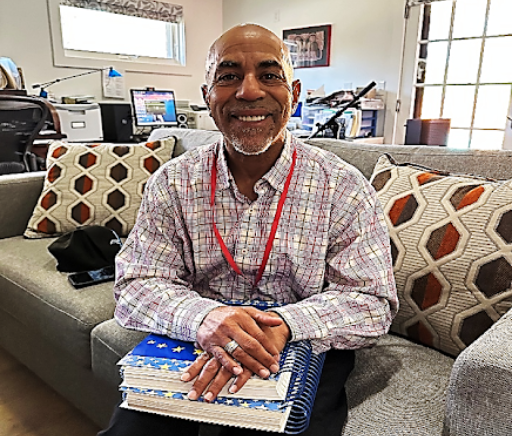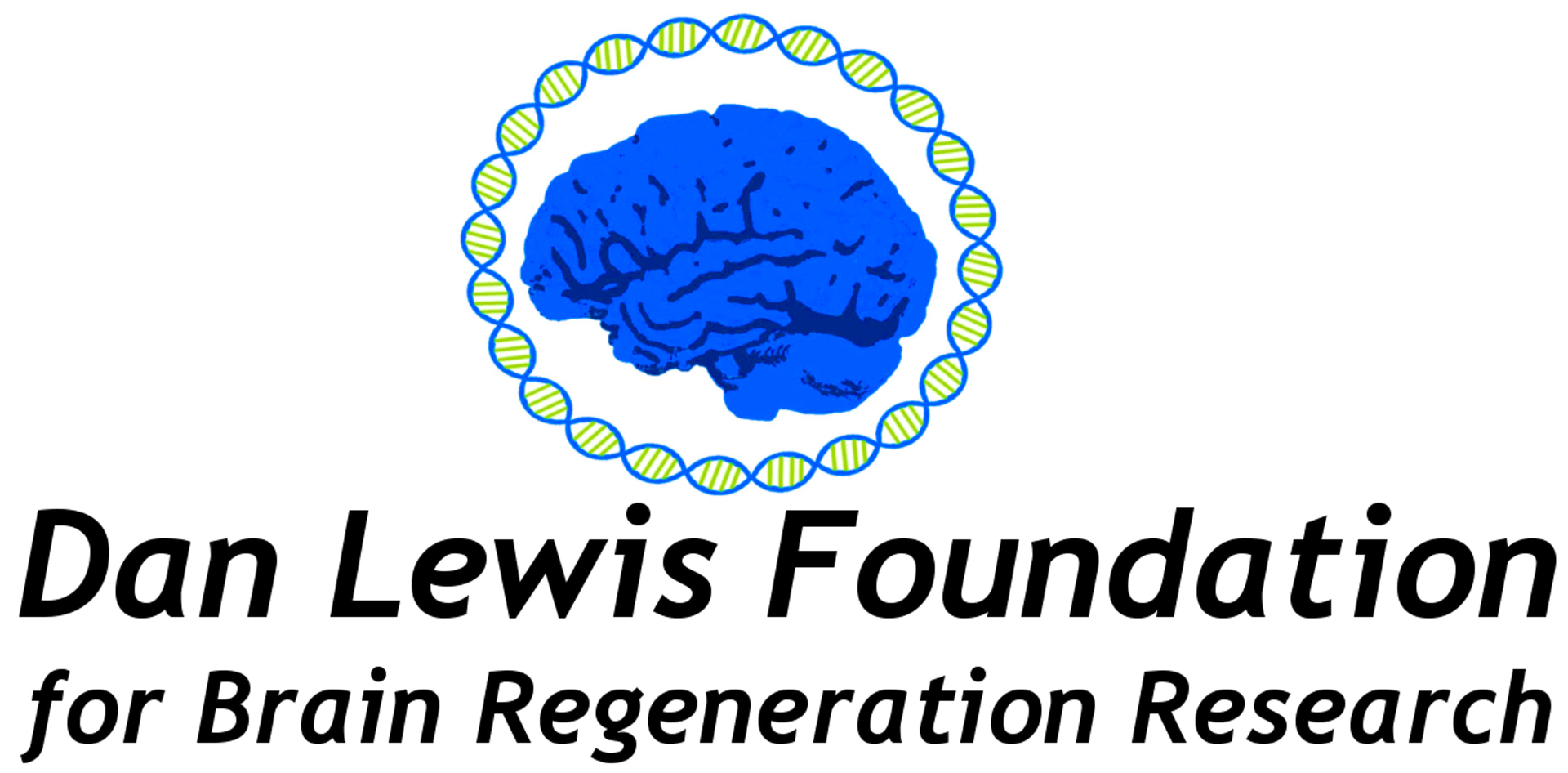
Catastrophic brain injury often results in long-term physical, cognitive, emotional, and behavioral changes that can be complicated and difficult to manage. A life care plan is essential for managing catastrophic brain injury. Life care planning is needed in the legal, financial, and practical management of the needs and resources of those with significant injuries.
The life care plan serves as a road map for care, identifying needs and associated costs. The elements of a life care plan will depend on the client’s needs. They may include future medical care, surgeries, diagnostic testing, therapies, evaluations, equipment needs, drug and supply needs, home or facility care, transportation, therapeutic recreation, home modifications, and vocational and educational services.
“A Life Care Plan is a dynamic document based upon published standards of practice, comprehensive assessment, data analysis, and research which provides an organized, concise plan for current and future needs with associated costs, for individuals who have experienced catastrophic injury or have chronic health care needs.” (International Conference on Life Care Planning, 1998.) Life care plans manage health care resources, discharge planning, educational and vocational planning, administrative proceedings such as workers’ compensation and federal vaccine injury fund cases, civil litigation, mediation, Medicare set-asides, elder care, and other areas. Life care planning is a specialty practice with established methods, standards, training programs, certifications, and publications. Life care planning is a transdisciplinary practice performed by rehabilitation professionals, including rehabilitation counselors, nurses, physicians, occupational therapists, physical therapists, social workers, and psychologists. Each professional works within their scope of practice while following the standards of practice for certified life care planners. A life care plan aims to maximize a client’s functioning and quality of life. Selecting a life care planner with the requisite education, training, skills, and experience in the field of catastrophic brain injury is essential. Managing catastrophic brain injury requires that the life care planner understand the medical issues and functional implications of brain injury, know what questions to ask of treatment team members, be able to analyze and synthesize information, and understand the lifelong consequences of disability.
When selecting a life care planner, inquire about the life care planner’s education, licenses and certifications, work experience, life care planning experience, membership in related professional associations or disability-specific organizations, participation in continuing education programs, and knowledge of life care planning standards of practice, codes of ethics and methodology. To find a life care planner, life care planning associations such as the International Academy of Life Care Planning (IALCP) section of the International Association of Rehabilitation Professionals (IARP) and the American Association of Nurse Life Care Planners (AANLCP) have lists of life care planning members on their websites.
Laura Woodard is a rehabilitation counselor, life care planner, and case manager who works for ReEntry Rehabilitation Services in Lakewood, Colorado. She also serves on the board of IALCP/IARP. For more information, please visit www.reentry.com.


